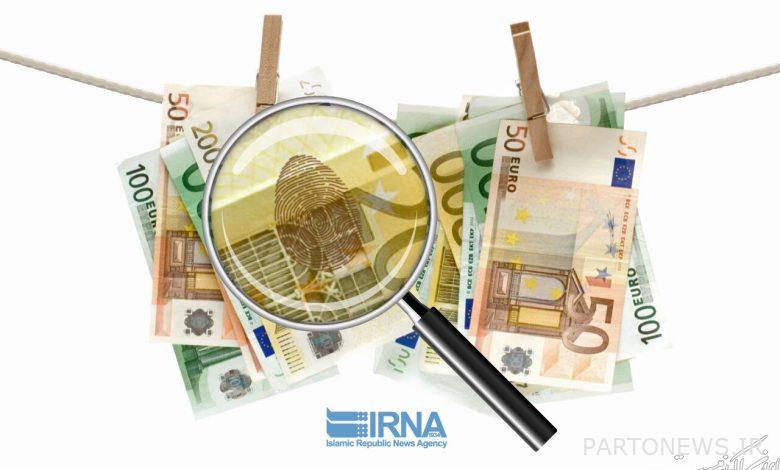The central bank’s move towards smart monitoring to deal with money laundering

According to Iran Economist From the central bank, in this meeting, Dr. Abuzar Soroush emphasized the special position of anti-money laundering units in the banking system and pointed to the issue of controlling the banks’ balance sheets and said: the central bank controls the liquidity in the country by increasing the balance sheets of the banks.
He added: This matter was accompanied by more emphasis from the summer of 1401, the effects of which were also clearly evident in controlling the growth of liquidity in the second half of the year.
The central bank official said: During the past year, while revising the guidelines, with the help of quantitative and qualitative models and using a large number of variables, a score was assigned to each bank, and that score is the criterion for the growth of the bank’s balance sheet, and if the bank Slow growth of violations will be immediately faced with legal tools, including an increase in the legal deposit or introduction to the disciplinary board.
Soroush emphasized: If a bank performs poorly in the area of combating money laundering, we will prevent the growth of its balance sheet, and this is the highest punishment for a bank. Because this punishment will have a significant impact on the bank’s financial growth.
Regarding the actions of the central bank in the field of banking systems, he also said: the single beneficiary system is of great help in combating money laundering and identifying networks, and we hope that the primary data of this system will be available to the banks soon.
Soroush stated that having sufficient and reliable data and information along with the use of suitable monitoring technologies are the two main requirements for applying intelligent supervision to banks, adding: Regarding receiving information and data, two main steps have been considered, which together in It is being followed up. These two steps include the implementation of the data governance system in the central bank and banks and completing the databases whose information is not in the banking network and must be received from the ministries and executive bodies.
Stating that the periodic meetings of anti-money laundering managers of banks and credit institutions provide the basis for discussing and reviewing current and future plans in this area, the Central Bank’s deputy supervisor stressed: Considering the important issue of anti-money laundering, we need to clear any ambiguity. Doubts and questions in this area, which are raised by banks and credit institutions, should be discussed and investigated in numerous meetings, including periodic meetings, so that we can see their maximum effectiveness in the formulation of guidelines.
Emphasizing the positive and constructive cooperation between the Central Bank and the Financial Information Center (FIU), he said: The level of cooperation between the Central Bank and the Financial Information Center has increased and we request the banks to pay special attention in this field, just like the Central Bank.
Stating that compliance with the requirements of combating money laundering in credit institutions requires introducing a new culture and behavior, and it starts with culture building at different levels, the Deputy Supervisor of the Central Bank said: Fortunately, culture building in the body of banks by holding different courses for employees in the field of combating money laundering Money laundering has started and we expect these courses to be followed and held regularly.
He added: The training courses in the next phase can lead to mutual thinking courses, which will result in better and more appropriate results by discussing and reviewing.
Soroush named the next layer of culture building for the senior managers of banks and credit institutions and said: culture building and holding training courses for managers and members of the board of directors of banks is very important and important. Money laundering takes into account the degree of mastery of management candidates in this regard in the process of approving the qualifications of managers of banks and credit institutions, which has also resulted in positive results.
The Deputy Supervisor of the Central Bank considered the third layer of culture to be the culture of the general public and said: Culture for the general public requires the production of content in all fields and their publication in official media platforms and virtual space, and this requires planning by all banks and credit institutions.
Soroush emphasized about culture building for the general society: there is a specialized committee to combat money laundering in the Coordination Council of State Banks and the Center of Private Banks, and it is suggested that with a joint meeting and the cooperation of all banking networks, the matter of building public culture and its practical and executive solutions, emphasizing The maximum impact should be investigated and implemented.
He added: In this regard, the capacity of the media, including radio and public relations of the banking network, can be used to inform, educate and familiarize the general public in banking and anti-money laundering issues regarding commercial and non-commercial accounts, rental accounts and other issues affecting the society. enlightened and informed.
In this meeting, the managers of the anti-money laundering department of banks and credit institutions raised their questions, doubts and suggestions in the field of anti-money laundering.

